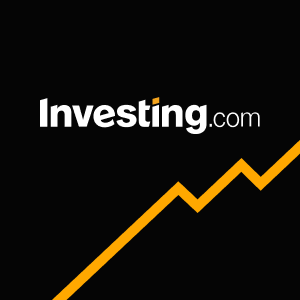
By Philip Blenkinsop
BRUSSELS (Reuters) – Chinese electric vehicle (EV) makers BYD, Geely and SAIC have challenged EU import tariffs at the Court of Justice of the European Union (CJEU), documents on the website of the European Union showed on Thursday court
The European Union imposed tariffs on electric vehicles made in China in late October following an anti-subsidy investigation, including 17.0% for BYD, 18.8% for Geely and 35.3% for at SAIC, in addition to the standard EU car import tax of 10%.
Court records show that all three filed their complaints in the General Court, the lower chamber of the CJEU, on Tuesday, a day before the deadline for filing claims. The proceedings before the General Court have an average duration of 18 months and can be appealed.
No further details of the cases were released.
The European Commission said it was aware of the cases and had two months and 10 days to prepare its defence.
It is not clear whether there have also been challenges from other electric vehicle manufacturers, including European companies that produce in China, or the China Chamber of Commerce for Import and Export of Machinery and Electronic Products (CCCME), which has represented Chinese producers of electric vehicles.
Challenges are likely to include arguments about the assessment of subsidies, the establishment of harm to EU industry and the Commission’s unusual decision to bring a case on its own, rather than follow a complaint from the industry
SAIC is expected to struggle with its much higher rate. This followed a determination that he did not cooperate with the investigation, allowing the Commission to fill in the missing sections with selected available facts.
China-based electric vehicle makers have also complained that Tesla, China’s biggest exporter of electric vehicles to the EU, was not included in the official sample, from which the tariff is calculated for to other companies. The sampled companies were BYD, Geely and SAIC.
Tesla got the lowest additional rate at 7.8%. If it had been part of the sample, the collaborating companies would have benefited from a lower tariff than the 20.7% they now face.
(Reporting by Philip Blenkinsop; Editing by Tomasz Janowski)








